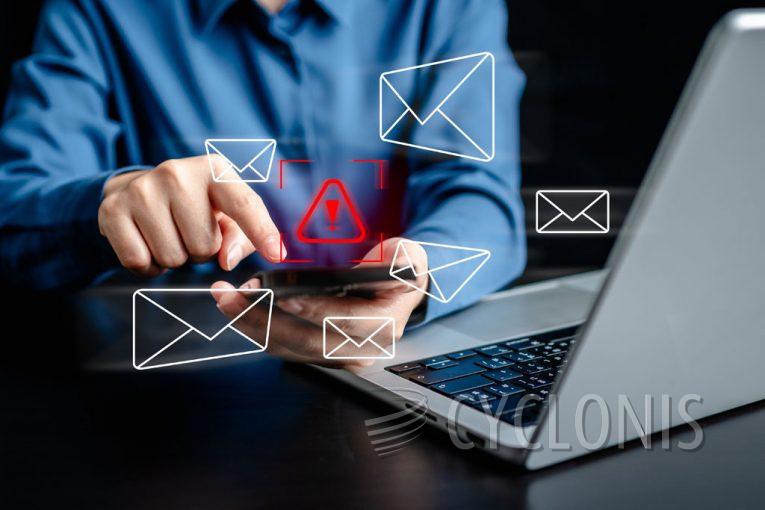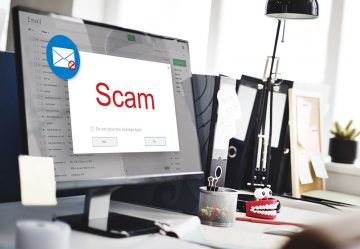Next Time You Check Your Email You Must Beware of the PayPal Crypto Purchase Invoice Scam

The PayPal Crypto Purchase Invoice Scam is a deceptive email scheme aiming to deceive unsuspecting individuals into revealing personal information or sending money to fraudsters. Here's what you need to know to stay protected.
Table of Contents
Unveiling the Scam
The fraudulent email masquerades as a PayPal notification, presenting itself as an invoice demanding payment in cryptocurrency. It includes a fabricated invoice number and specifies a Bitcoin payment of $699. The email also provides a contact number for inquiries.
The Deceptive Tactics
Scammers employ various tactics to trick recipients into divulging sensitive data or making unauthorized payments. They may request credit card details, ID card information, login credentials, or engage in malicious activities during communication.
The scam email reads like the following:
PayPal
InvoiceDear -
Date: Wed, 24 Apr 2024 16:12:09 +0000
Invoice: AXCU8YNDWB
Payment Terms: Due on receiptAmount Due: $699 (BTC equivalent)
Please ensure timely payment. Thank you!
For any inquiries, contact us:
Phone: +1 818 937 4012Bill To (email)
Description Quantity Unit Price Amount
Bitcoin Purchase 0.01000000 BTC $699 $699Note to Recipients
Thanks for your Business
Subtotal $699Total: $699 (BTC equivalent)
Protecting Yourself
To avoid falling victim to such scams, it's essential to exercise caution and refrain from interacting with suspicious emails. Never provide personal or financial information in response to unsolicited requests, and avoid contacting numbers provided in dubious emails.
Recognizing Common Traits
Fraudulent emails often mimic reputable organizations, utilize urgent language, and demand payments or sensitive data. They may contain links to phishing websites or files designed to infect computers with malware.
Examples to Watch Out For
Similar phishing emails may include subjects like "Invoice Request," "Switch To New Server," or "Agreement Update." Remain vigilant and scrutinize all unexpected communications.
Guarding Against Malware
Malware is frequently distributed through email attachments or links. To mitigate the risk, exercise caution when handling suspicious emails, obtain software from reputable sources, and refrain from engaging with dubious advertisements or pop-ups.
Staying Safe Online
To prevent malware infections, keep your software updated, utilize security tools, and conduct regular scans on your devices. If you suspect exposure to malware, run a thorough scan with anti-malware software to eliminate any threats.
By staying informed and exercising vigilance, you can protect yourself against the PayPal Crypto Purchase Invoice Scam and similar fraudulent schemes. Remain cautious when navigating online communications and take proactive measures to safeguard your personal and financial information.









